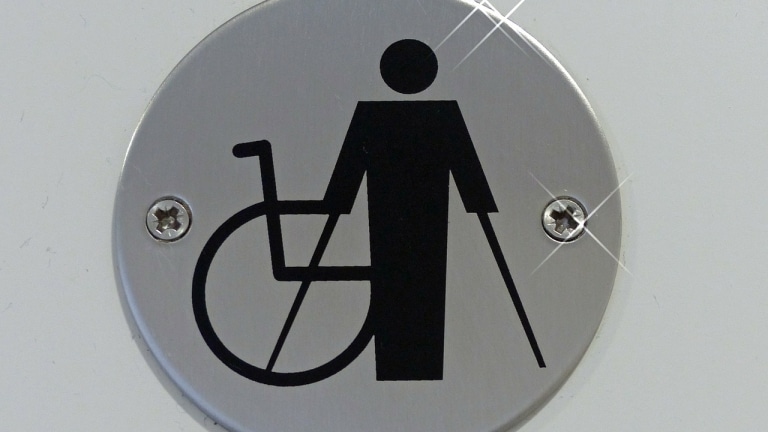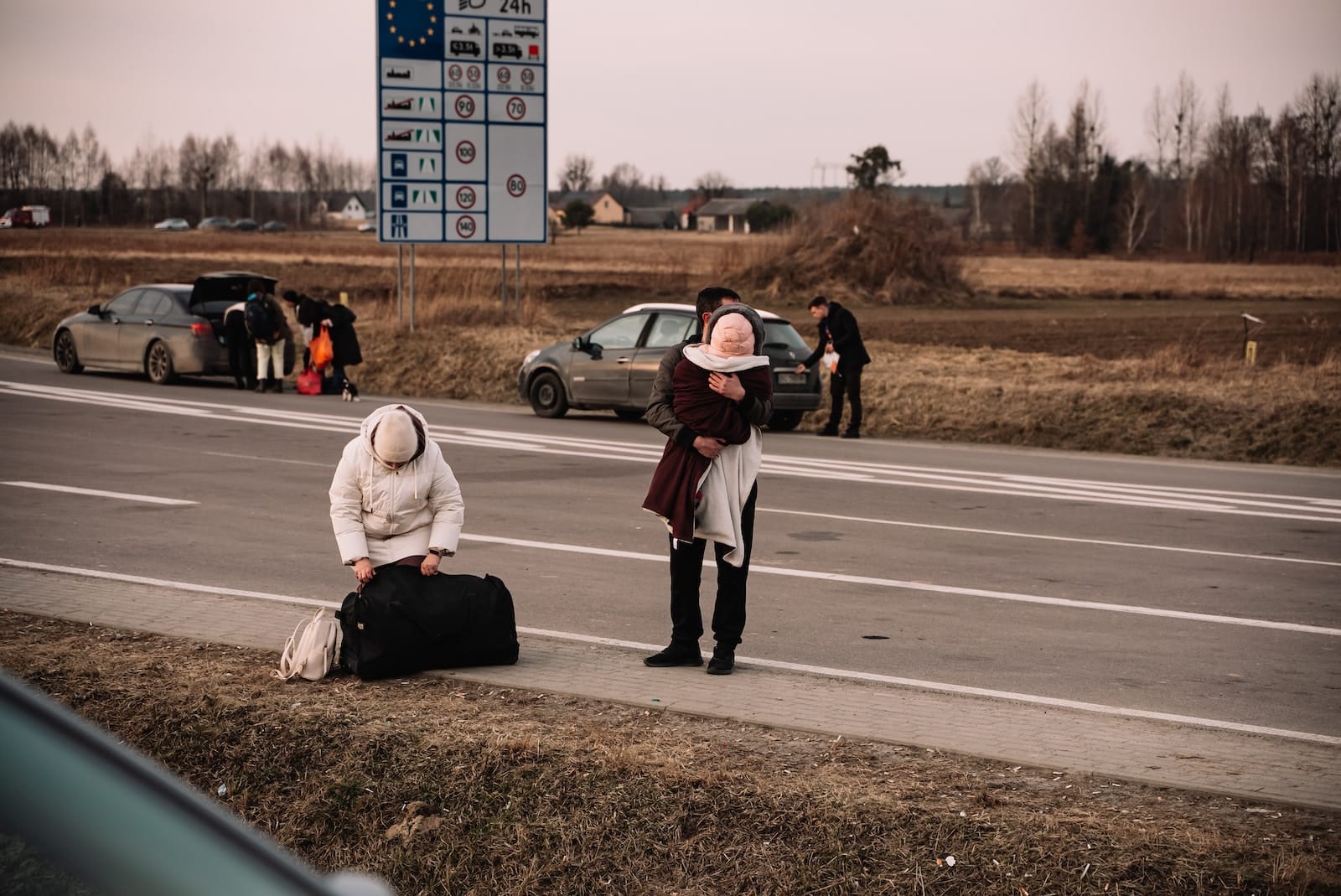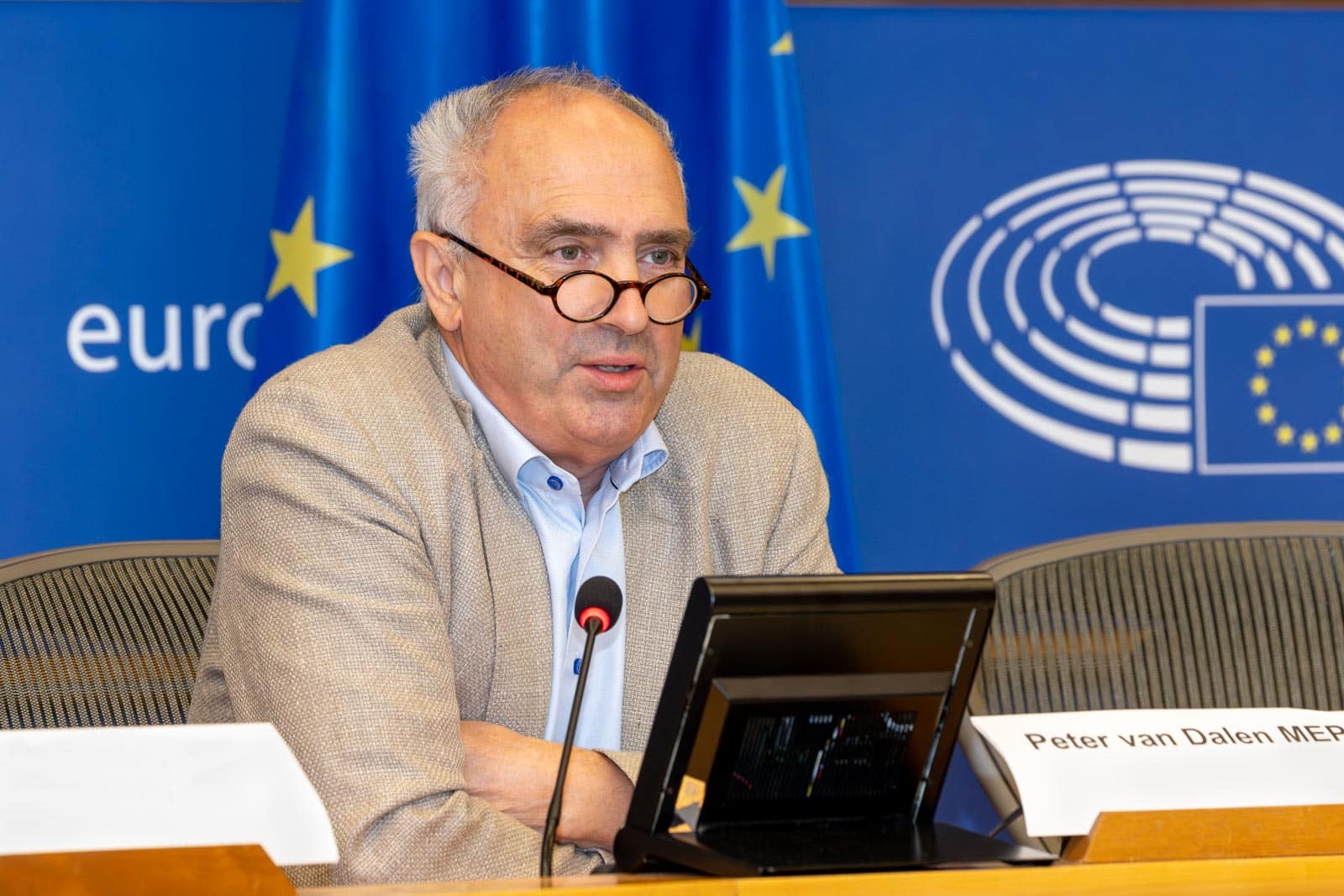The UN chief expressed deep concern at the extreme vulnerability faced by the Haitian people – especially women and girls – because of brutally violent and “predatory” armed gangs, like those encircling the capital, blocking main roads and controlling access to water, food, health care.
“I condemn in the strongest possible terms the widespread sexual violence which the armed gangs have used as a weapon to instil fear,” he said, calling on the entire international community to urgently “put the victims and the civilian population at the centre of our concerns and priorities.”
Deployment of an international force
Speaking to reporters in the Haitian capital, Mr. Guterres said that lasting and fully representative political solutions in Haiti would be impossible without a drastic improvement in the security situation.
“Every day counts. If we do not act now, instability and violence will have a lasting impact on generations of Haitians,” warned the Secretary-General, calling on all partners to increase their support for the national police in the form of financing, training or equipment.
However, such assistance alone might not be enough to restore the authority of the State.
“I continue to urge the Security Council to authorize the immediate deployment of a robust international force to assist the Haitian National Police in its fight against the gangs,” emphasized the UN chief.
Political entente to end the crisis
During his one-day visit to the Haitian capital, the Secretary-General he met with Prime Minister Ariel Henry, the High Transitional Council, members of civil society and the political parties, speaking to all of them on the need for ‘a political entente to end the crisis’.
“I call on all actors to create the conditions necessary for the restoration of democratic institutions,” said Mr. Guterres, inviting all parties involved to “rise above personal interests and make concessions” enabling emergence of a common vision and setting a viable and credible electoral pathway.
He commended the recent inter-Haitian talks, facilitated by the CARICOM Eminent Persons Group, aimed at reaching agreement on the formation of a national unity government and the expansion of the High Transitional Council.
“Only an inclusive national dialogue – with the full participation of women and young people – will help end the insecurity and find lasting political solutions,” Mr. Guterres said, and added that the UN Integrated Office in Haiti (BINUH) and the entire UN system would continue to back these efforts.
‘A matter of moral justice’
While in Port-au-Prince, the Secretary-General met local men and women.
“I felt all the exhaustion of a people who have long been grappling with a cascade of crises and unacceptable living conditions. I listened to their call for help,” said the UN chief, noting that currently, one in two Haitians lives in extreme poverty, suffers from hunger, and does not have regular access to drinking water.
With the Haitian people facing such grave challenges, the Secretary-General lamented that the UN humanitarian response plan, which requires $720 million to assist more than three million people, is only 23 per cent funded.
It is “a matter of solidarity and moral justice” that the international community step up, he stated.
He specially commended the courage and dedication of humanitarian workers who provide assistance despite many obstacles and asked all stakeholders to uphold human rights and international law and to ensure safe and unhindered humanitarian access to people in need in Haiti.
‘No solution without the Haitian people’
Only inclusive and sustainable development will help to break the historical cycle of crises, address the humanitarian and security challenges, and create a stable constitutional and political environment, stated the UN chief.
“No solution can be found without the Haitian people,” he continued, but acknowledged that the scale of the problems demands the full support of the international community.
To garner that and more, the Secretary-General said that he is heading on Sunday to Trinidad and Tobago, where will participate in the Caribbean Community (CARICOM) Summit, which brings together the region’s 20 countries, among others.














